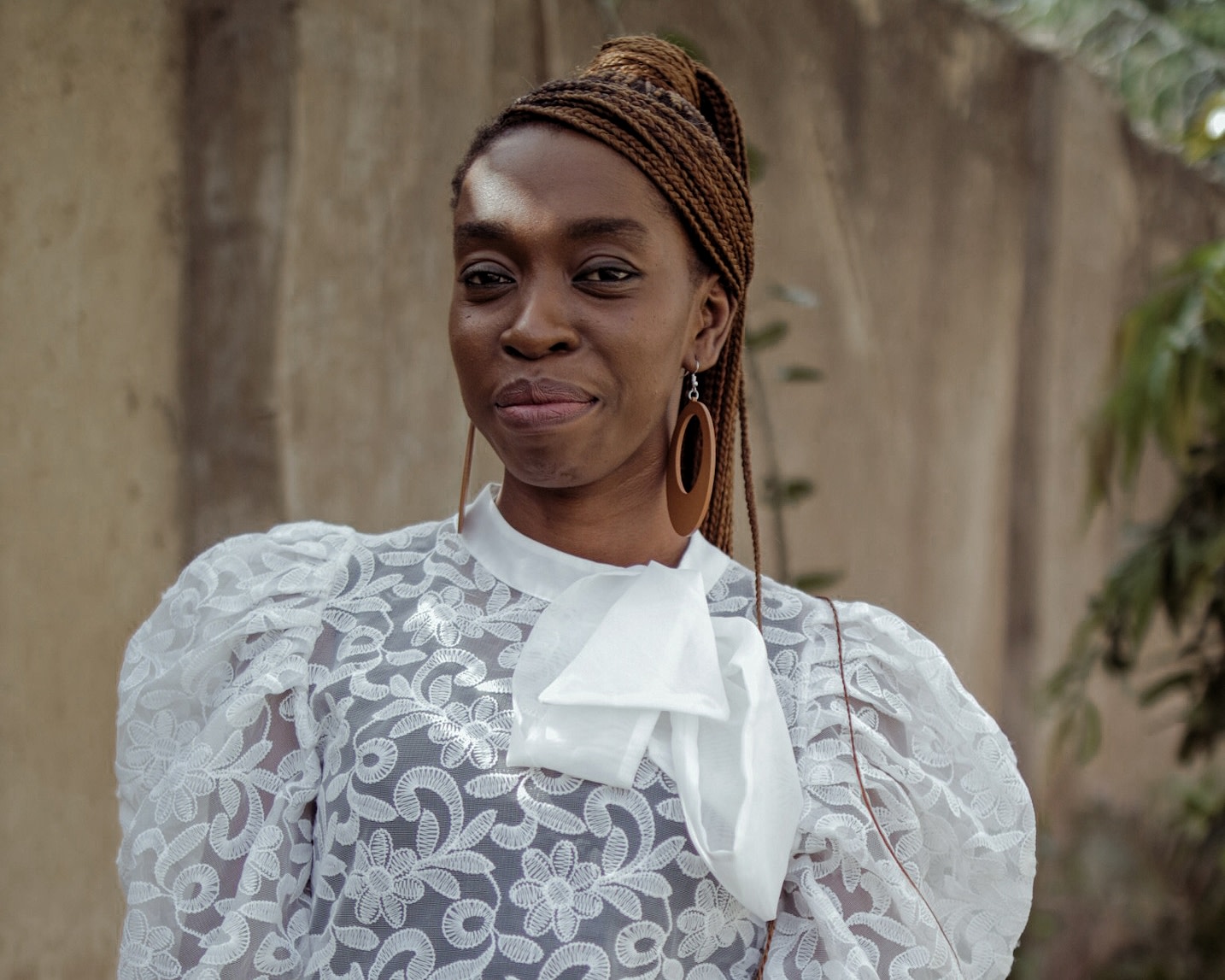
Girl advocates trained by Education As a Vaccine spoke out for girls’ education in their communities and helped get 150 girls back in school as a result.
In Nigeria, the promise of free education remains unfulfilled. Despite the government's mandate to make basic education free, many schools collect money from students to make up for inadequate government funding. If girls’ families are unable to afford the cost of these hidden fees, girls are unable to access and complete their education. Education as a Vaccine (EVA) teams up with girls in Kaduna state to change this reality.
Malala Fund supported EVA’s Advocating for Girls Education project to get girls back in school and dismantle barriers to girls’ education in Kaduna state. EVA trained 41 girl advocates to talk to community and government leaders about why girls' education is so important. They shared their stories and brought to leaders’ attention how parents have to pay for expenses despite the country’s free education mandate. Through the project, EVA and their girl advocates supported 150 girls in three communities who were out of school due to financial limitations to re-enrol in school, and provided them with school materials to ensure they complete their education.
We spoke with EVA’s Executive Director, Toyin Chukwudozie, to learn more about their work and how supporting girls’ agency has led to lasting change in Kaduna state.
What inspired you to start the Advocating for Girls Education Project in Kaduna state?
In 2014, we began addressing gender-based violence against women and girls in Kaduna. Through conversations with girls in the community, we discovered many girls who were out of school were eager to attend. We also learned that parents didn’t prioritise their daughters’ education. We decided to tackle this issue and raise awareness about the importance of girls’ education. When we learned about the government's existing mandate to make basic education free, we saw an opportunity to align our efforts.
As part of the project, EVA trained 41 girls in advocacy and storytelling through photography. Tell us more about the training process.
Our training engaged the girls in sessions on advocacy, messaging and public speaking. They learned storytelling techniques to confidently articulate their messages. We also brought in representatives from the Ministry of Education to share insights on the free education policy. The girls developed skills to collect and share impactful stories, tailor their messages to different audiences and engage with policymakers. They even created messaging for the International Day of the Girl Child, which they were very excited about. The great part about the training was that it was fun and the advocates enjoyed it.
What were some of the perceptions about girls' education that people needed to change to get more girls in school?
Many people believed that girls’ education was of no value since they would eventually marry. They saw girls as a source of economic support, leaving them to hawk goods rather than go to school. We challenged these perceptions by engaging with the community and sharing examples of successful women from similar backgrounds to show the benefits of education. We also emphasised that educating girls contributes to the communities’ development and prosperity. Though changing long-held beliefs takes time, we made progress by challenging these deep-seated norms.
Did the government challenge these perceptions?
The government already had a mandate for free education especially for girls, which addressed the negative norms and cultural perceptions. Government officials demonstrated the will to educate girls in their states, and we didn’t encounter resistance from them based on harmful norms. Yet we faced challenges in operationalising the policy. The government needed to allocate more resources, including financial and human resources, to implement the policy at the grassroots level.
How did collaborating with the Kaduna state government and community stakeholders enhance the project's effectiveness?
Collaborating with the government granted us access to communities, schools and existing education improvement mechanisms like the School-Based Management Committees (SBMCs) and education marshals. We worked together to identify and address critical issues like parental worries about safety. Community involvement increased as stakeholders saw the value of taking an active role. They even formed a task force to support our efforts! The government’s support lent credibility to our initiative, encouraging schools and management to take our advocacy seriously.
In a world that often puts girls on the sidelines, is there a specific piece of advice you always give to the young women who are part of your programme?
I always tell girls that the power is in them. In them lies the talent, resources and abilities to achieve their dreams. While support from their community and environment is crucial, girls must not let prevailing negative norms and stereotypes hold them back from dreaming big. Education is a key pathway to unlocking their potential. Every girl has the same potential and power within her, regardless of her gender. Being a girl doesn't make her any less human or capable. It holds immense power and strength. We must break free from the limits imposed by cultural norms and societal expectations, and embrace our ability to create change and achieve our dreams.
After completing the training, how did EVA’s girl advocates action what they learned in their communities?
The girl advocates became beacons of inspiration, empowering others in their communities. They shared their experiences with peers who returned to school saying: “I want to go back to school to be able to do what you do. I want to be able to speak for myself.” The girl advocates saw firsthand the power of their voice and their influence. They continued to engage with community leaders, stakeholders and peers, even after the project ended in April 2023.
